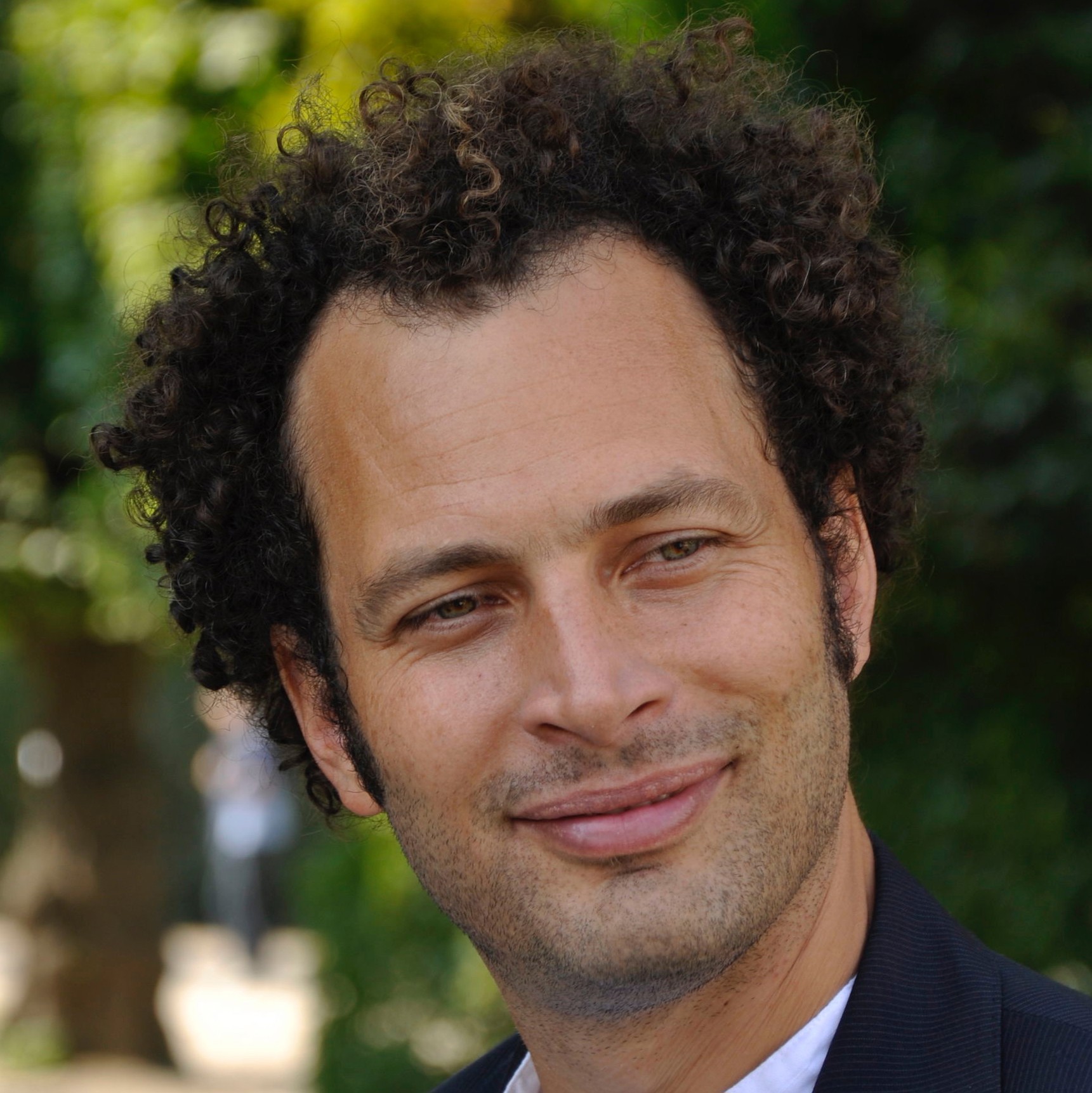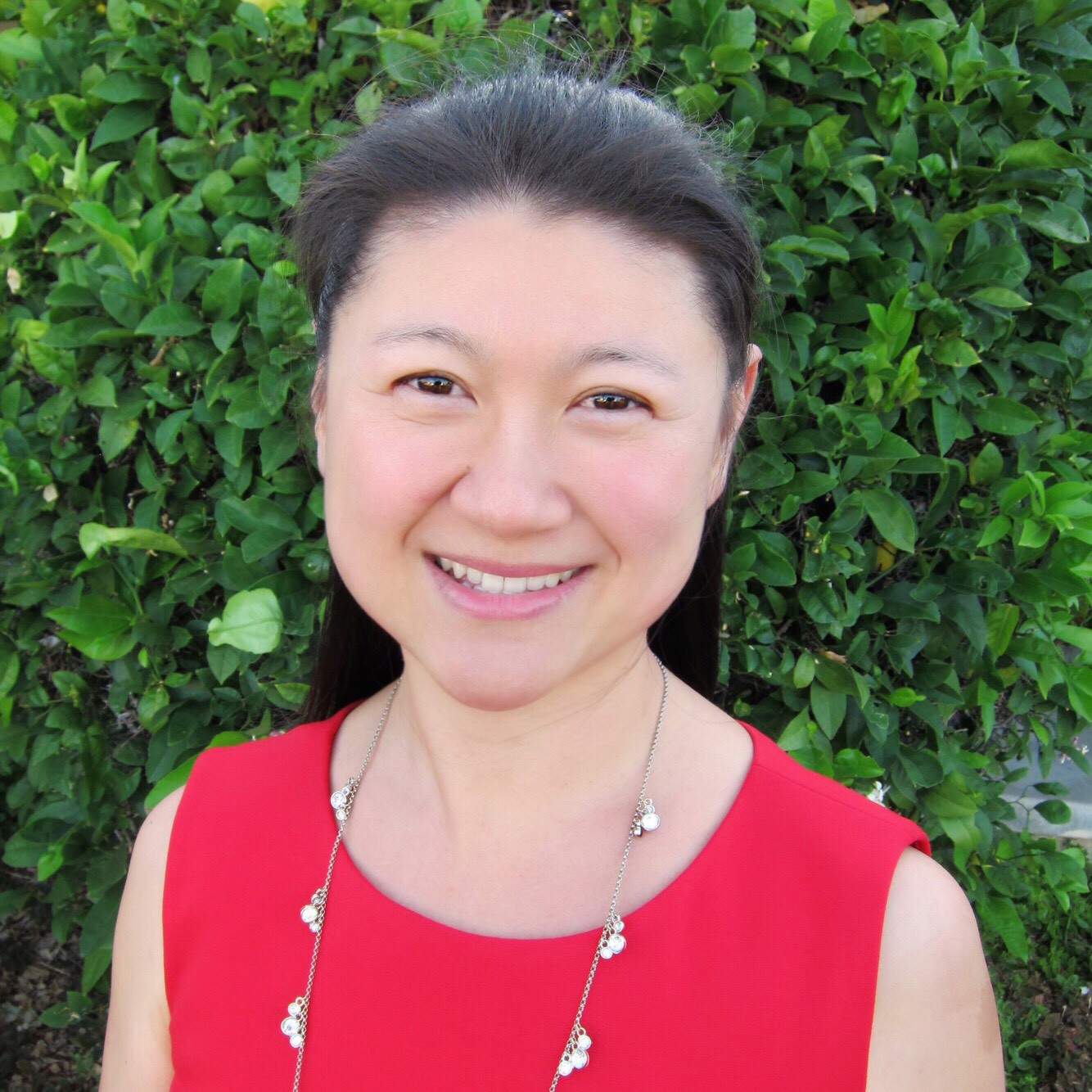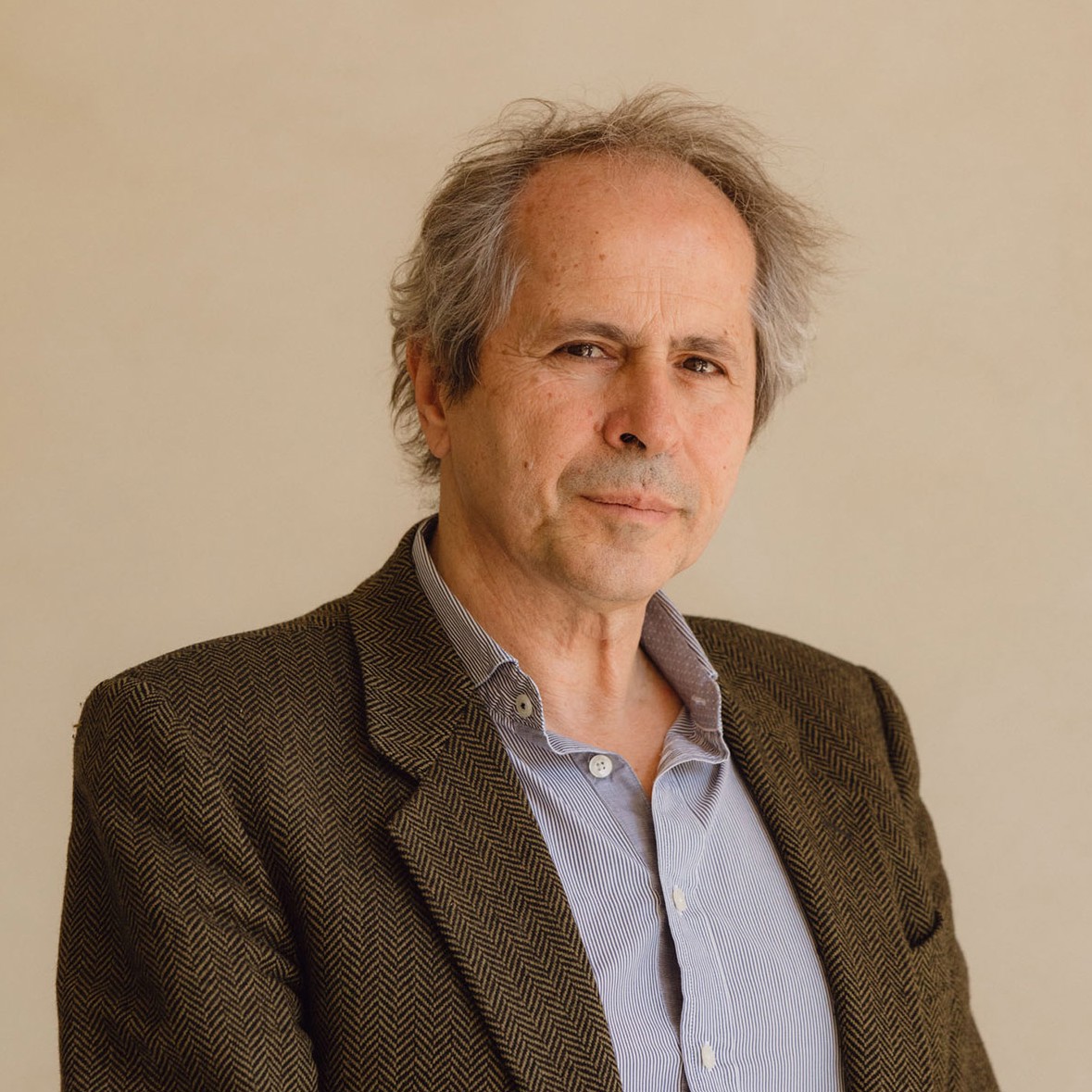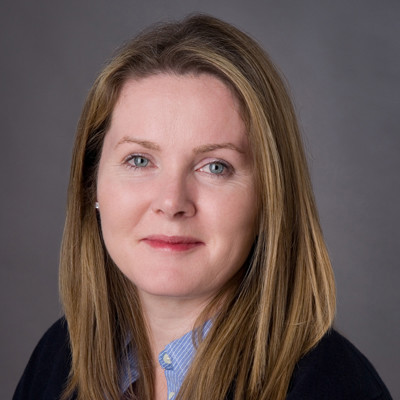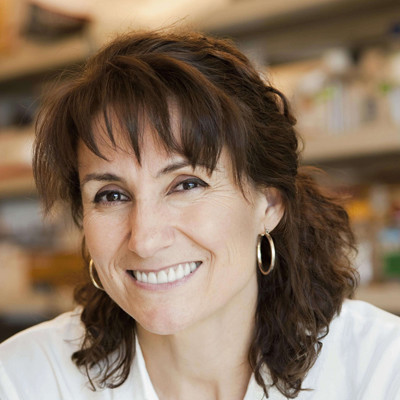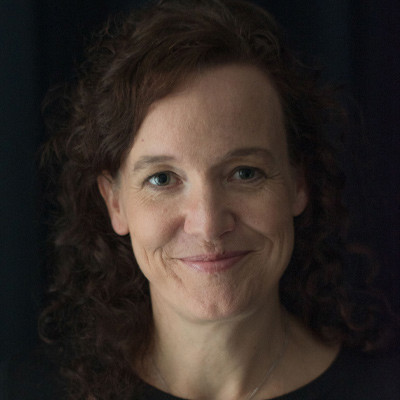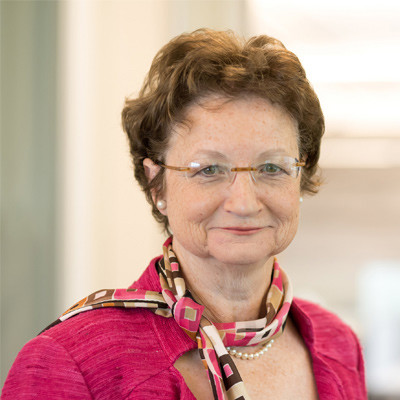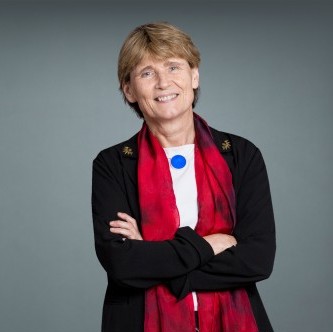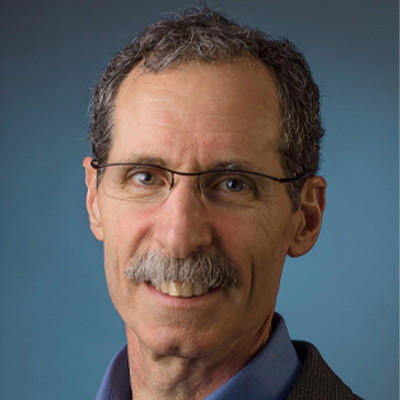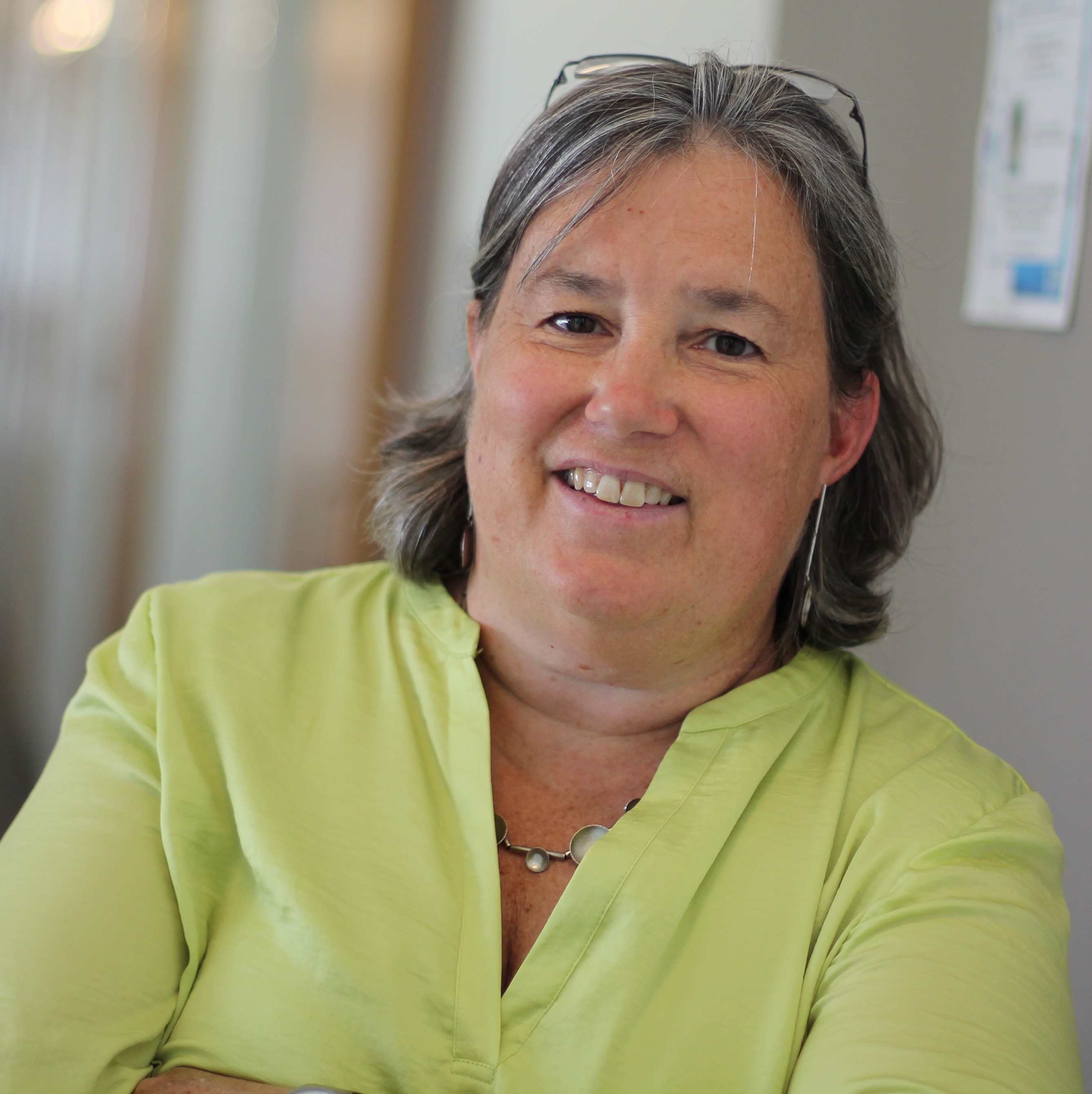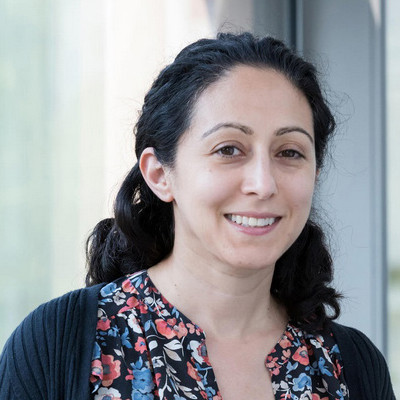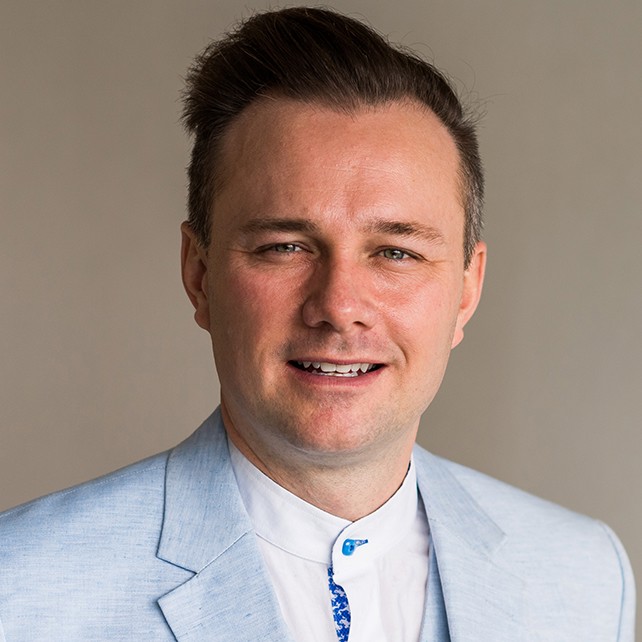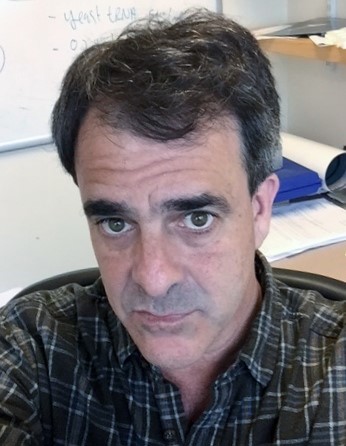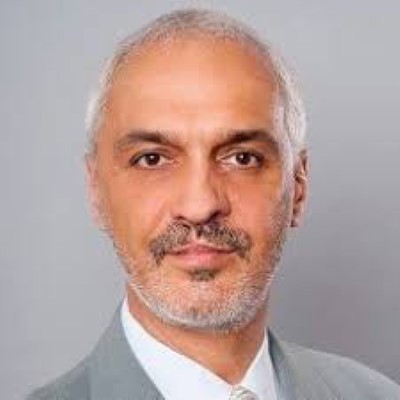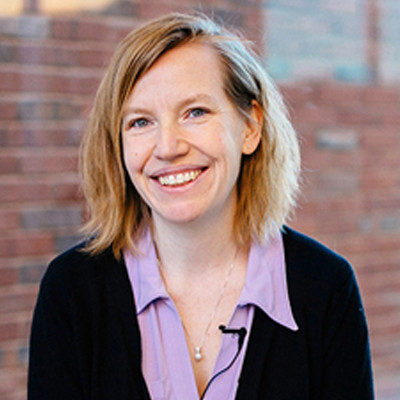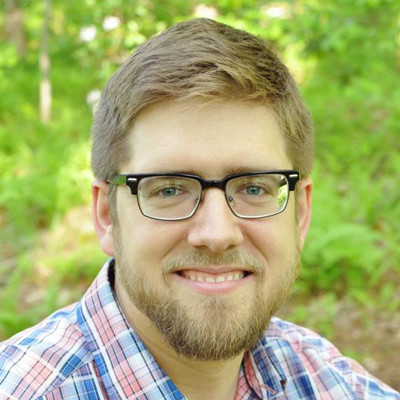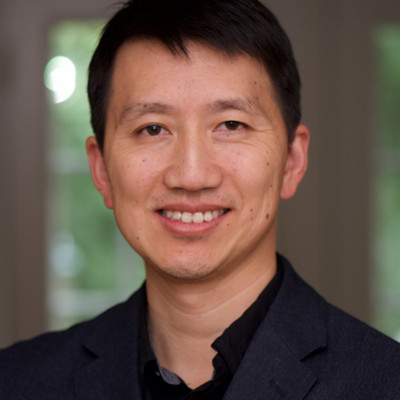Speakers
-

Patrick Baumhof
Academic Role: Vice President Formulation & Delivery, CureVac
Dr. Patrick Baumhof is currently Vice President Formulation & Delivery at CureVac GmbH, a privately held German biopharmaceutical company which develops mRNA based Therapeutics. He received his degree in organic chemistry from the University Leipzig. After an industrial postdoc at Qiagen, he joined CureVac in 2007 as a scientist in formulations and RNA stabilization. During this time he developed several different formulations for mRNA for several different applications and works on the translation of these from pre-clinical testing to clinical testing. His research interests are formation & characterization of mRNA based nanoparticles, their biological activity after local and systemic application, and their biodistribution and efficacy in several different animal species. Dr. Baumhof joined CRS in 2009 and is looking forward to working together with others in advancing this wonderful society.
-
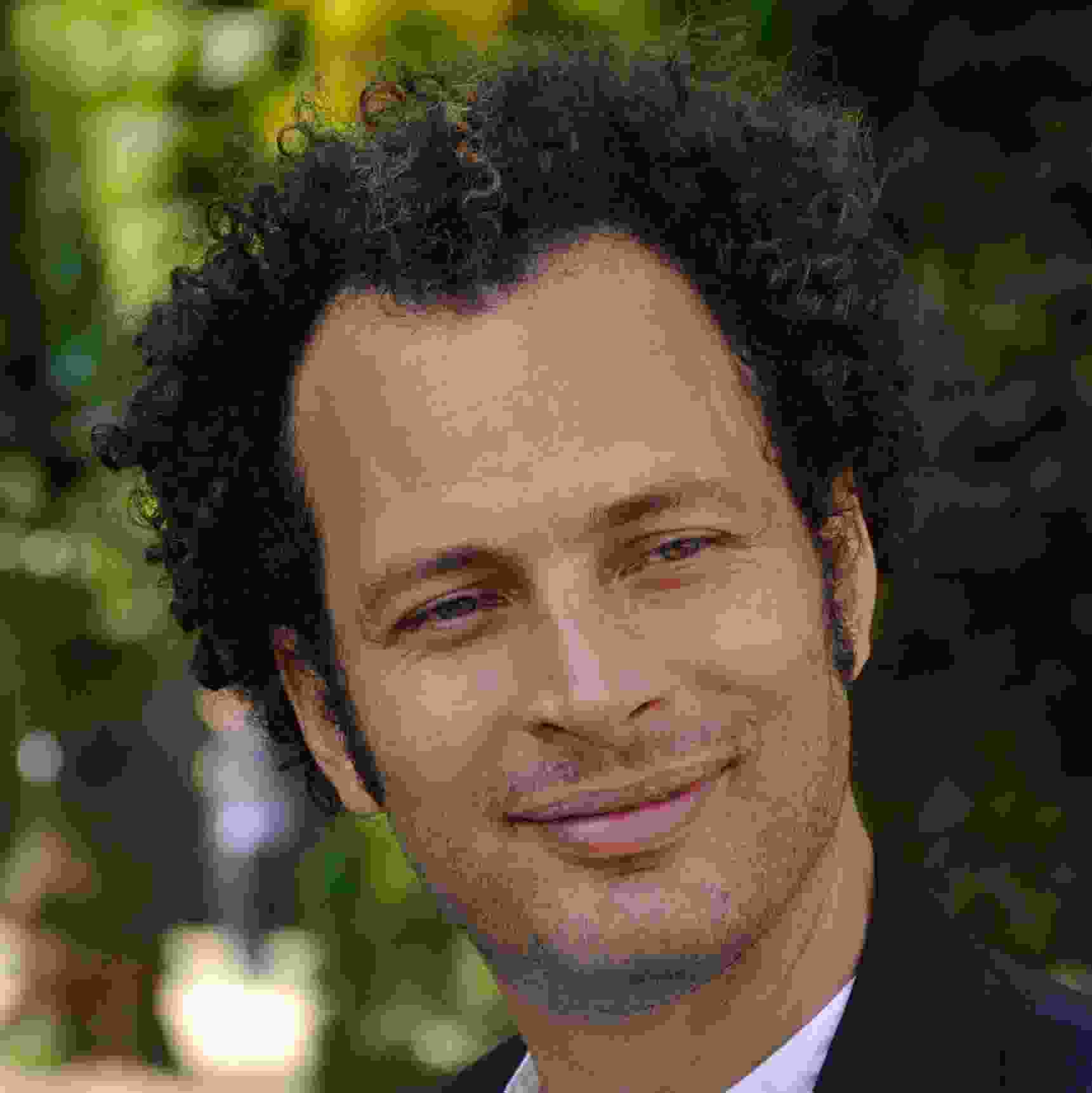
Julius Brennecke
Academic Role: Senior Group Leader, Institute of Molecular Biotechnology
Julius Brennecke, PhD. is the Senior group leader at the Institute of Molecular Biotechnology (IMBA), Vienna Austria. He earned his Ph.D. at the European Molecular Biology Laboratory, Heidelberg/Ruprecht-Karls University, Heidelberg, Germany. His research is focused on biology and mechanisms of small regulatory RNA pathways in animals; from controlling development to protecting the genome against selfish genetic elements.
-
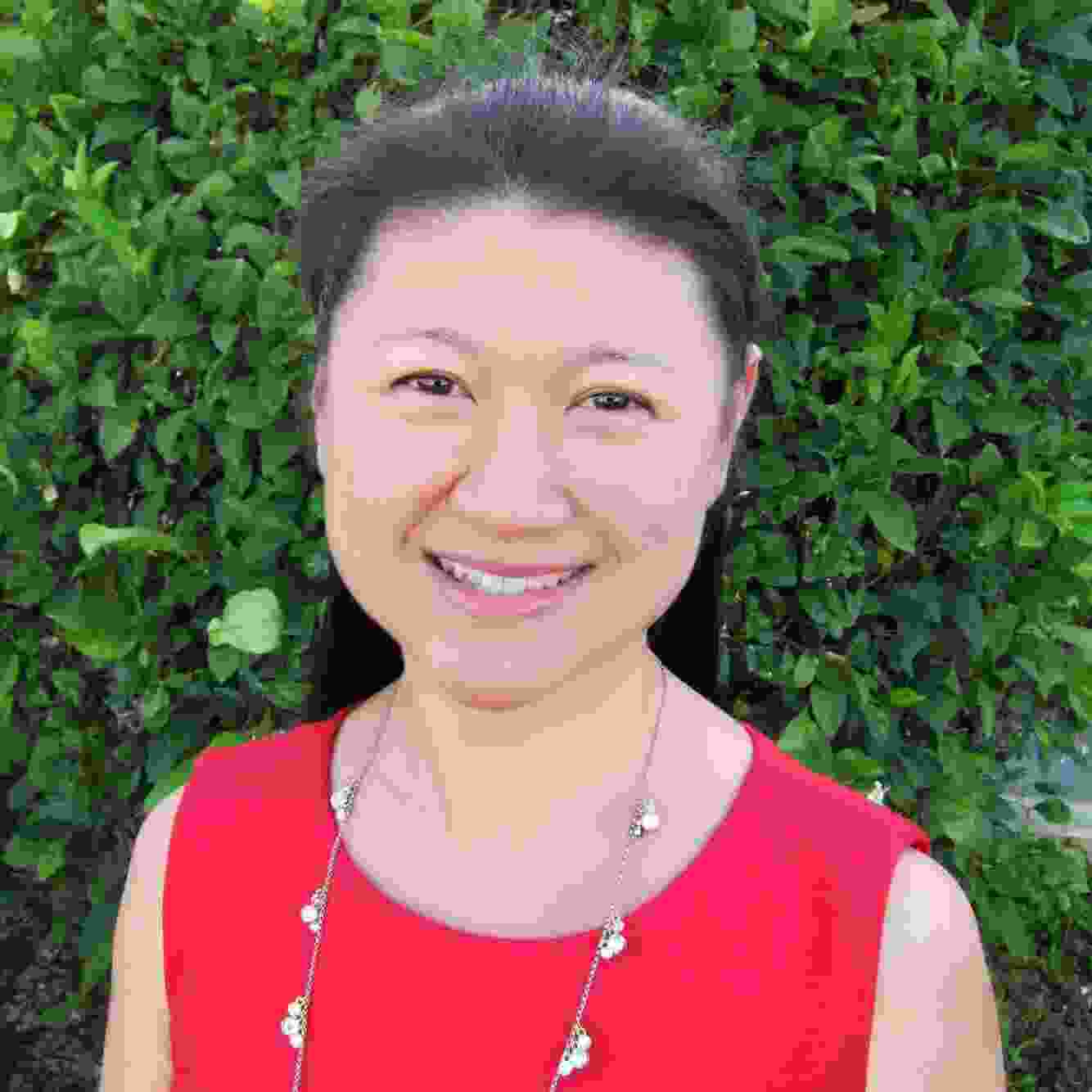
Grace Chen
Academic Role: Assistant Professor, Yale University
Dr. Grace Chen received her undergraduate training in the College of Chemistry at UC Berkeley. She attended Harvard University for her PhD where she worked in David Liu's laboratory to discover and characterize novel RNA modifications. Her postdoctoral research was at Stanford University in Howard Chang's group, where she investigated circular RNA immunity. Grace Chen joined Yale University as a faculty in the Department of Immunobiology in 2019. Her research focuses on the functions and regulations of circular RNAs and RNA modifications in health and disease.
-

Paula Cohen
Academic Role: Professor; Associate Vice Provost for Life Sciences, Cornell University
Dr. Paula Cohen obtained her PhD in reproductive physiology in 1992 at the University of London, England, where she studied the endocrine regulation of implantation. In 1993, she took a Postdoctoral position at the Albert Einstein College of Medicine, New York, where she focused on regulation of gonadal function in males and females, and in maturation of the hypothalamic-pituitary-gonadal axis. During this time, she become interested in germ cell biology and genome integrity, and transitioned into this area to study the roles of DNA repair proteins in mammalian meiosis. She joined the faculty of the Department of Genetics at Albert Einstein College in 2000, and then in 2004 was recruited to Cornell University, within the Department of Biomedical Sciences. In 2007, she was promoted to the rank of Associate Professor with indefinite tenure, and then was promoted to full Professor in 2013. Since starting her own lab, she has received funding from NIH, the March of Dimes, the National Down Syndrome Society, and the Hereditary Diseases Foundation. More recently, she received a prized Grand Challenge grant from the Bill and Melinda Gates Foundation to investigate a new strategy for contraceptive development in men. In 2006, Dr. Cohen established the Center for Reproductive Genomics (CRG), the first Cornell-wide center encompassing clinicians and scientists from the College of Veterinary Medicine and from the Weill-Cornell Medical College, as well as participants from other colleges within Cornell University. In 2014, she successfully obtained a P50 grant to fund research within the CRG as part of the NICHD “National Centers for Translational Research in Reproduction and Infertility”. She has co-authored over 60 papers, served as a regular and ad hoc member on several different NIH Study Sections, as well as several Special Emphasis panels for NICHD and NIGMS. Dr. Cohen has reviewed grants for international panels, including serving on the advisory board for the German Government’s Research Foundation for their special priority program in “Genome Haploidization” for six years, as well as for the UK Medical Research Council, the Wellcome Foundation (UK), The Telethon Foundation (Italy), and for the European Research Council. In 2016, she was elected by her peers to become the vice-Chair for the 2018 Gordon Research Conference on Meiosis and the chair for the 2020 meeting. Dr. Cohen previously served as associate editor for the journal, Chromosoma, and currently serves in that role for PLoS Genetics, and previously served on the editorial advisory board of Chromosome Research. She has participated as a lecturer and lab leader in the Frontiers in Reproduction (FIR) course at the Marine Biology Labs at Woods Hole, MA, for the past fourteen years. In 2015, she contributed the first chapter on meiosis for the 4th Edition of Knobil and Neil’s Physiology of Reproduction (Elsevier Press). She has served as the Director of Admissions for the Graduate Field in Genetics and Development, and on the steering committee for that field as well as for the graduate field of Molecular and Integrative Physiology. While at Cornell, she has received numerous merit awards for her research contributions, the Provost’s award for Distinguished Scholarship (2009), and the SUNY Chancellor’s award for Academic Excellence (2017). In 2018, she became Associate Vice Provost for Life Sciences. In her own lab, Dr. Cohen has mentored 13 graduate students, 10 Postdoctoral fellows, 1 reproductive endocrinology fellow, and numerous undergraduates.
-
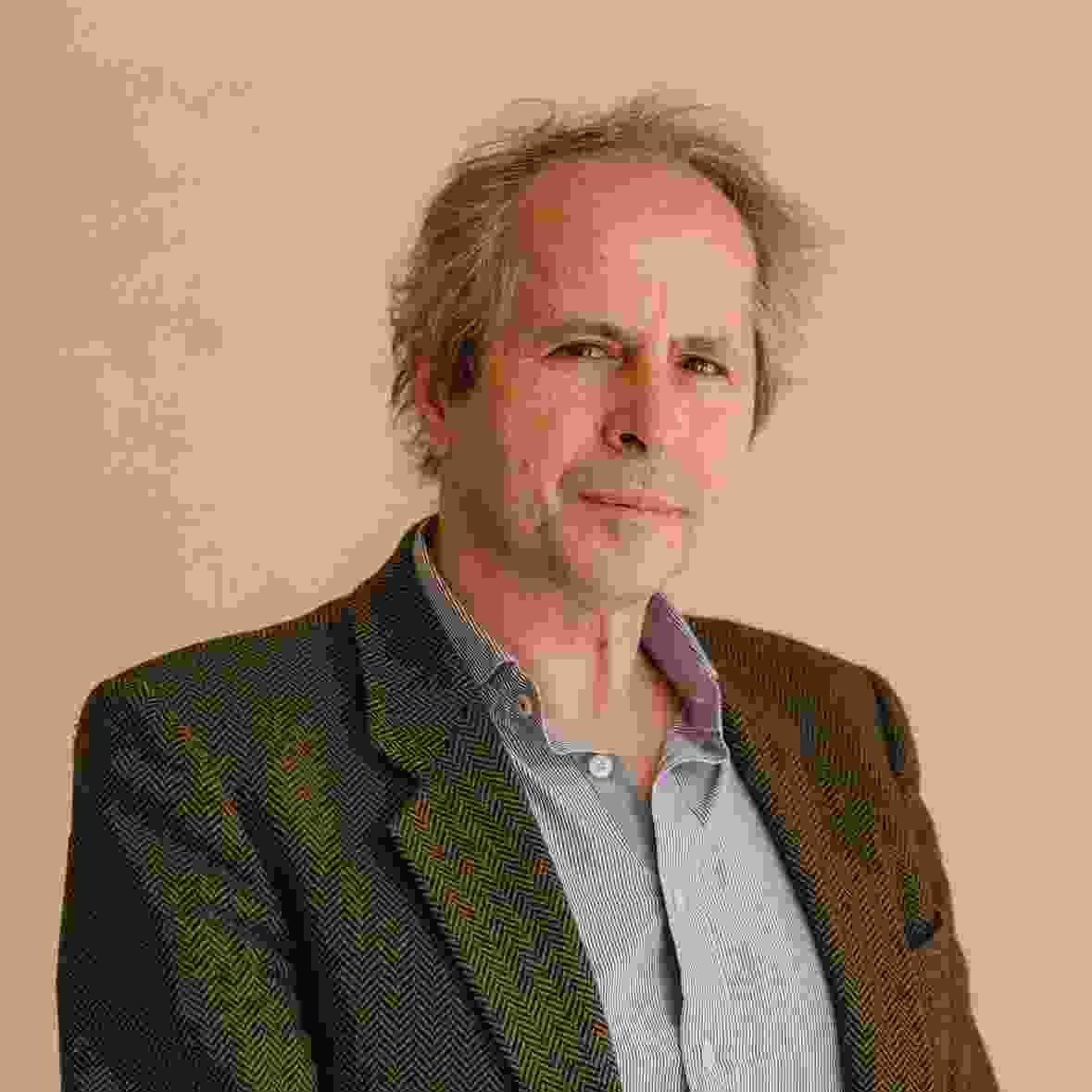
Andrea Crisanti
Academic Role: Professor, Imperial College of London
Dr. Andrea Crisanti is professor of molecular parasitology at Imperial College, graduated in Medicine at the University of Rome "la Sapienza' and carried his doctoral work at the Basel Institute for Immunology. Prof. Crisanti has also been appointed full professor of Microbiology and Clinical Microbiology at the University of Perugia where until recently has coordinated the Centre of Functional Genomics. He has pioneered the molecular biology of the human malaria vector Anopheles gambiae and has made a number of important scientific contributions that advanced the genetic and molecular knowledge of the malaria parasite and its mosquito vector. These include: i) the identification of the molecules involved in mosquito gut meal digestion; ii) the characterization of key genes involved in plasmodium molecular motor; iii) the development of gene transfer technology for anopheline mosquitoes; iv) the establishment of gene drive technology in mosquitoes; and v) the development of synthetic sex distorter producing male only progeny. The development of gene drive technology promises to overcome many of the roadblocks that so far have hampered the eradication of malaria in resource poor countries. Crisanti’s group have utilized this technology to spread genetic modifications impairing mosquito reproductive capability either targeting genes involved in female fertility of inducing male sex bias in the progeny. This works using a class of engineered enzymes that cut unique DNA sequences known as homing endonucleases (HEG) at defined chromosomal locations. During meiosis the cleavage site is repaired by homologous recombination using as template the allele carrying the HEG thereby increasing the frequency of the genetic modification in the progeny. Crisanti’s lab demonstrated that the activity of HEG is not due to intrinsic biological properties of the enzymes. Any endonuclease (TALEN or Zinc finger) placed in the right chromosomal location with the correct specificity for the corresponding site on the unmodified allele can function as drive. This provided the rationale to exploit the CRISPER/Cas9 nuclease to develop a genetic drive targeting female fertility genes that spread into caged mosquito populations. HEG and CRISPER/cas9 nuclease could also be used to manipulate the sex ratio of mosquitoes. This has been achieved by introducing nucleases that selectively shreds the X chromosome during sperm cell formation thereby generating a mosquito line that produces male gametes only.
Photo by Matteo de Mayda
-

Kate Fitzgerald
Academic Role: Principal Investigator, UMass Chan Medical School
Dr. Kate Fitzgerald received her B.Sc. in Biochemistry in 1995 from University College Cork, Ireland, and her Ph.D. in 1999 from Trinity College Dublin, Ireland. She was a post-doctoral fellow in the Department of Biochemistry at Trinity College Dublin working with Luke O’Neill (1999-2002). She joined the Division of Infectious Disease at the UMass Chan Medical School as a Wellcome Trust Fellow in 2002 and joined the faculty in 2004. She is currently Professor of Medicine, Director of the Program in Innate Immunity, The Worcester Foundation Chair in Biomedical Sciences and most recently elected into the National Academy of Sciences. -

Myriam Gorospe
Academic Role: Chief, Laboratory of Genetics and Genomics NIA, NIH
Dr. Myriam Gorospe did her undergraduate studies in Molecular and Cellular Biology (in Madrid, Spain) and earned her Ph.D. in Cell and Developmental Biology from the State University of New York at Albany. After post-doctoral training at the National Institute on Aging (NIA) of the National Institutes of Health (NIH), she became a Principal Investigator and head of the RNA Regulation Section (NIA, NIH) in 1998. She directs the Laboratory of Genetics and Genomics since 2014, where she studies post-transcriptional gene regulation in mammalian models of cellular stress, senescence, and aging. Her program has a long-standing focus on RNA-binding proteins and noncoding RNAs that influence gene expression programs in aging physiology and pathology.
-

Michelle Hastings
Academic Role: Director, Professor, Rosalind Franklin University of Medicine and Science
Michelle Hastings, PhD, is the Director of the Center for Genetic Diseases and an Associate Professor of Cell Biology and Anatomy at the Chicago Medical School at Rosalind Franklin University of Medicine and Science. Her research focuses on understanding genetic basis of disease and testing new therapeutic approaches by modulating the process of pre-mRNA splicing to alter gene expression. Her work has resulted in the discovery of effective means of targeting splicing with antisense molecules for the potential treatment of a number of neurodegenerative diseases including Batten disease, Usher syndrome, cystic fibrosis, Alzheimer’s and Parkinson’s disease. Dr. Hastings’ studies on Usher syndrome led to the first demonstration that hearing and balance can be recovered in mice with a mutation that causes congenital deafness in humans, laying the groundwork for developing a treatment for Usher in humans. Her recent work has demonstrated that antisense technology can modulate gene expression pathways associated with Alzheimer’s disease to mitigate learning and memory deficits in mouse models of the disease. A major focus of the lab currently is on developing approaches to treat different forms of Batten disease using antisense technology. Dr. Hastings holds a number of patents and has been supported by the National Institutes of Health and numerous Foundation grants. She was recognized as a 2019 Researcher to Know by the Illinois Science and Technology Consortium.
-
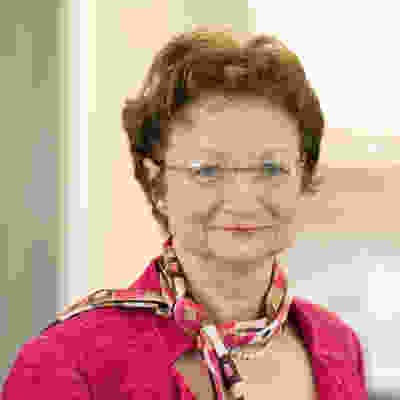
Katherine High
Academic Role: President, AskBio
Dr. Katherine High joined AskBio in January 2021 as President, Therapeutics and member of the AskBio Board of Directors. Dr. High is responsible for driving the strategic direction and execution of the company’s preclinical and clinical programs. Most recently, she was a Visiting Professor at Rockefeller University. Previously, she served as President, Head of Research and Development, and a member of the Board of Directors at Spark Therapeutics, where she directed the development and regulatory approval of Luxturna®, the first gene therapy for genetic disease to obtain regulatory approval in both the United States and Europe. She was a longtime member of the faculty at the University of Pennsylvania and medical staff at The Children’s Hospital of Philadelphia, where she was also an Investigator of the Howard Hughes Medical Institute. She served a five-year term on the U.S. Food and Drug Administration Advisory Committee on Cell, Tissue and Gene Therapies and is a past president of the American Society of Gene & Cell Therapy.
Dr. High received her bachelor’s degree in chemistry from Harvard University, an MD from the University of North Carolina School of Medicine, a business certification from the University of North Carolina Business School’s Management Institute for Hospital Administrators, and a master’s degree from the University of Pennsylvania. She is an elected member of the National Academy of Medicine, the American Academy of Arts and Sciences, and the faculty of Pharmaceutical Medicine of the Royal College of Physicians (London).
-

Aimee Jackson
Academic Role: Chief Scientific Officer, Atalanta Therapeutics
Dr. Aimee Jackson is currently the Chief Scientific Officer for Atalanta Therapeutics. Aimee has worked in the field of RNA interference and oligonucleotide therapeutics for nearly 2 decades, and has made numerous seminal discoveries in the field. She most recently served as the Vice President of Research for miRagen Therapeutics, where she advanced 3 microRNA programs from initial concept to First-in-Human clinical trials in less than 5 years. These programs encompassed diverse therapeutic areas and comprised both microRNA mimics and inhibitors. Two of these programs have advanced to Phase 2 clinical trials, including a fibrosis program for which Aimee served as the Product Development Team Lead. Prior to joining miRagen, she led preclinical research at Regulus Therapeutics and Merck/Rosetta, where she served as Molecular Profiling Lead for the development of siRNA-based therapeutics and played a lead role in the identification of siRNA design aspects for enhanced activity and specificity.
-

T. Scott Johnson
Academic Role: Co-Founder and CEO at Comanche Biopharma
Dr. T. Scott Johnson is co-founder and CEO of Comanche Biopharma, a private company developing novel siRNA compounds to treat preeclampsia. Prior to Comanche, Scott was a co-founder of The Medicines Company where he served as director (1996-2009) until he joined the management team as chief medical advisor (2009-2021). In that role, he was responsible for evaluating the company’s long-range global strategy and for the licensing or acquisition of innovative products, including inclisiran, for which the company was purchased by Novartis.
Previously, Scott was a founding General Partner at JSB Partners, L.P., an investment bank with a focus on mergers and acquisitions, private financings and corporate alliances within the healthcare sector. From September 1991 to July 1999, Scott served as a founder and managing director of MPM Capital, LLC, a venture capital firm.
Scott holds a B.S. in chemistry (Phi Beta Kappa) and an M.D. (Alpha Omega Alpha) from the University of Alabama. His academic career included faculty positions at Harvard Medical School, the University of Colorado Medical School, and the University of South Alabama. He has been Board Certified in Internal Medicine, Pulmonary and Critical Care Medicine and Sleep Disorders Medicine. He currently is Chairman, Board of Directors, MaxiVAX SA, a biopharmaceutical company focused on immuno-oncology.
-

Ruth Lehmann
Academic Role: Professor of Biology; Director, Whitehead Institute, MIT
Dr. Ruth Lehmann is a Howard Hughes Medical Institute investigator and the Director of the Whitehead Institute for Biomedical Research, succeeding David Page. She was previously affiliated with the New York University School of Medicine, where she was the Director of the Skirball Institute of Biomolecular Medicine, the Laura and Isaac Perlmutter Professor of Cell Biology, and the Chair of the Department of Cell Biology. Her research focuses on germ cells, the only cells in the body able to give rise to a new generation.
Born in Cologne, Germany, Lehmann studied biology at the University of Freiburg and Universität Tübingen (both in Germany) as well as the University of Washington, Seattle. She received her Ph.D. in the laboratory of noble laureate Dr. Christiane Nüsslein-Volhard at the Max Planck Institute for Developmental Genetics in 1985. After postdoctoral training at the Medical Research Council (MRC) in Cambridge, UK, she joined the Whitehead Institute and the faculty of the Massachusetts Institute of Technology in 1988. In 1996, Lehmann was recruited to the Skirball Institute of Biomolecular Medicine at NYU School of Medicine. Here, her lab expanded into the analysis of germ cell migration by showing how lipid signaling affects cell migration. Today, her lab uses systematic, unbiased genetic approaches and different imaging modalities in Drosophila to understand how germ cells are specified in the early embryo and how they maintain the potential for totipotency while differentiating into egg and sperm in the adult.
Lehmann is a member of the American Academy of Arts Sciences and the National Academy of Sciences. She was the 2011 recipient of the Edwin G. Conklin Medal of the Society of Developmental Biology and was elected a member of European Molecular Biology Organization in 2012.
-

Art Levin
Academic Role: Chief Scientific Officer at Avidity Biosciences
Dr. Art Levin has an unparalleled track record and reputation in the field of nucleic acid-based therapeutics. He serves as the Chief Scientific Officer at Avidity Biosciences. Previously he held that position at miRagen Therapeutics. Prior to that he held senior drug development roles at Ionis (formerly ISIS) Pharmaceuticals and Santaris Pharma.
He has played key roles in the development of numerous of oligonucleotides including the first approved antisense drugs, and the first microRNA-targeted therapeutic in clinical trials. He has a combined three decades of experience in all aspects of drug development from discovery through drug registration, both in large pharma and biotech companies. Dr. Levin has published over 60 scientific articles and several of the most cited reviews in the field. He is a key opinion leader in the field and is on the scientific advisory boards of multiple institutions. Art received a doctorate in toxicology from the University of Rochester, and a bachelor’s degree in biology from Muhlenberg College. -
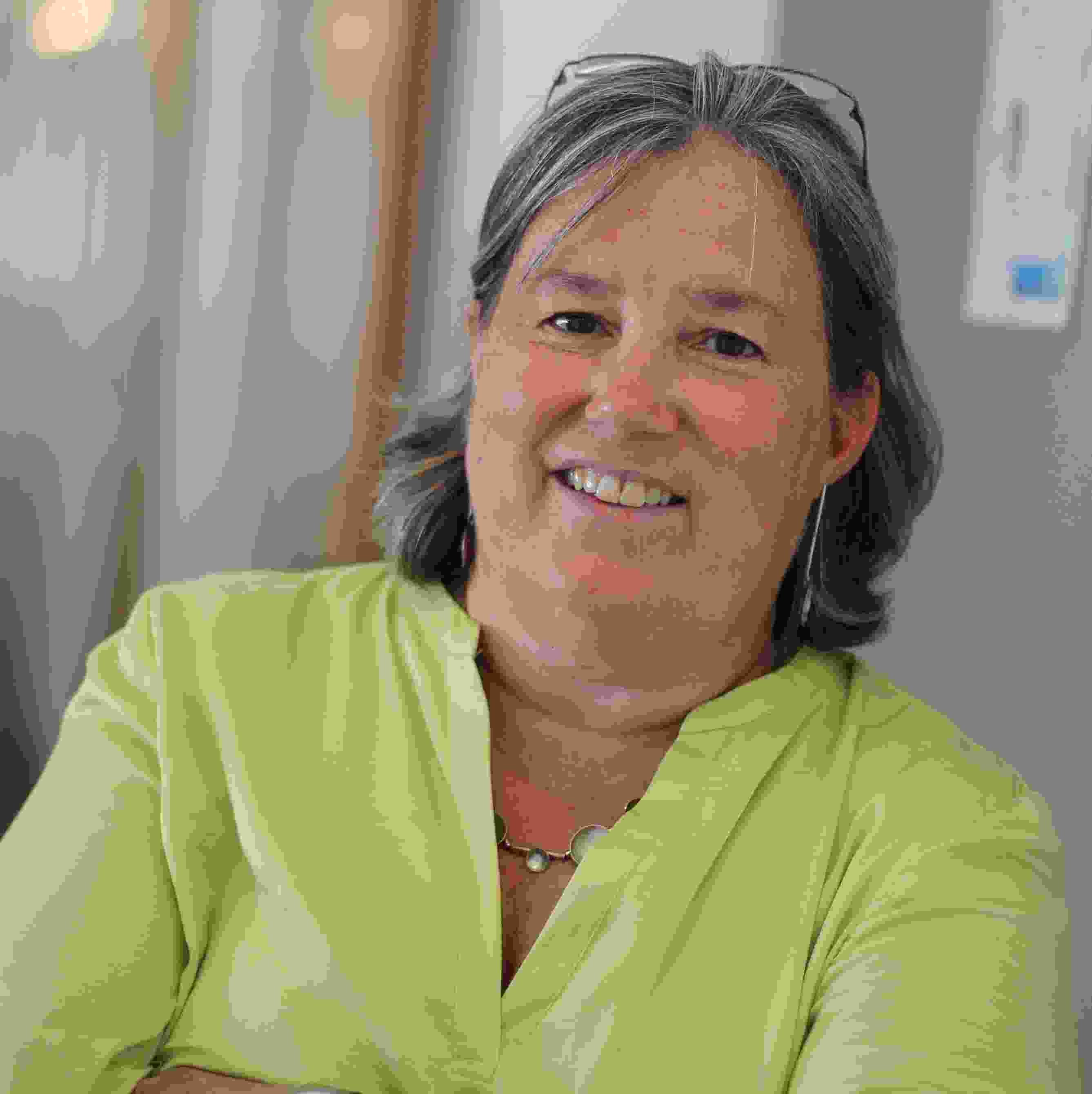
Melissa Moore
Academic Role: Chief Scientific Officer, Moderna Therapeutics
In her role as Chief Scientific Officer of Moderna’s research platform, Dr. Melissa Moore is responsible for leading all mRNA biology and delivery science research at Moderna. She joined Moderna from the UMass Chan Medical School (UMass Chan), where she served as Professor of Biochemistry & Molecular Pharmacology, Eleanor Eustis Farrington Chair in Cancer Research and Investigator at the Howard Hughes Medical Institute (HHMI). Dr. Moore was also a founding Co-Director of the RNA Therapeutics Institute (RTI) at UMass Chan, and was instrumental in the creation of the Massachusetts Therapeutic and Entrepreneurship Realization initiative (MassTERi), a faculty-led program intended to facilitate the translation of UMass Chan discoveries into drugs, products, technologies and companies. She is a member of the National Academy of Sciences.
Dr. Moore’s research at UMass Chan and HHMI encompassed a broad array of topics related to the role of RNA and RNA-protein (RNP) complexes in gene expression and touched on many human diseases including cancer, neurodegeneration and preeclampsia. Prior to UMass Chan, she spent 13 years as a professor at Brandeis University, where she also received her Ph.D. in Biological Chemistry. Dr. Moore holds a B.S. in Chemistry and Biology from the College of William and Mary.
Upon joining Moderna, Dr. Moore has retained her academic affiliation with UMass Chan as a part-time faculty member.
-
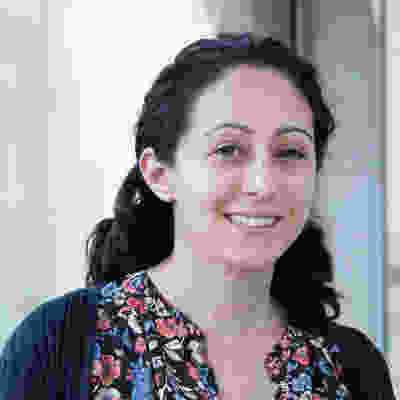
Kathy Niakan
Academic Role: Group Leader, Francis Crick Institute
Dr. Kathy Niakan is a Group Leader at the Francis Crick Institute in London where her laboratory investigates mechanisms that direct how the first cell types become specialized in their fate and function in human embryos. Her laboratory was the first to use CRISPR/Cas9 genome editing techniques to study gene function in human embryos and discovered the role of a key gene in human embryo development. Research equipment and objects from her lab have been exhibited at the Science Museum in London and are part of the permanent collection. In collaboration with Mary Herbert and Doug Turnbull at Newcastle University, work from her laboratory was provided as evidence to the UK Department of Health ahead of a vote in 2015 in the UK House of Commons and House of Lords to change regulation allowing the clinical use of mitochondrial replacement therapy. Kathy is a Blavatnik Award UK Finalist in Life Sciences and was named Time Magazine’s 100 Most Influential People. Kathy obtained a B.Sc. and B.A. from University of Washington, a PhD at University of California, Los Angeles and undertook postdoctoral training at Harvard University. She was a Next Generation Research Fellow at University of Cambridge.
-
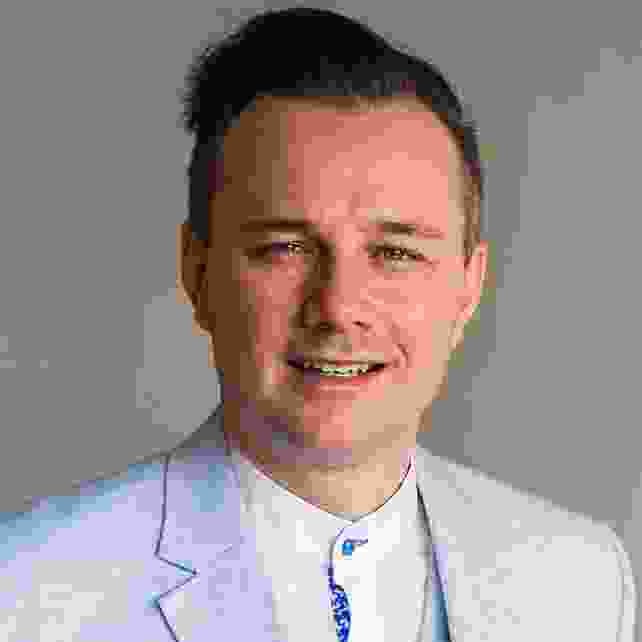
Bradley Pentelute
Academic Role: Pfizer-Laubach Career Development Professor Associate Member, Broad Institute of Harvard and MIT
Dr. Bradley Pentelute is currently an associate professor of chemistry at the Massachusetts Institute of Technology (MIT). His laboratory focuses on researching new methods in chemistry to selectively modify proteins and to deliver molecules to cells. His lab successfully modified proteins via “pi-clamps” made up of different amino acids, and delivered large biomolecules, such as various proteins and drugs, into cells via the anthrax delivery vehicle. Pentelute has also made several key contributions to automated synthesis technologies. This includes a recent invention of the world's fastest polypeptide synthesizer. This system is able to form more amide-bonds at a more efficient rate than standard commercial equipment and has helped in the process of understanding protein folding and its mechanisms. The primary goal of his endeavor is to use these processes to create biologics that can be used to treat diseases.
-

Michael Rosbash
Academic Role: Peter Gruber Endowed Chair in Neuroscience, Professor of Biology, HHMI, Brandeis University, 2017 Nobel Prize in Physiology or Medicine
Dr. Michael Rosbash is a Professor of Biology and the Peter Gruber Professor of Neuroscience at Brandeis University. He is also an Investigator of the Howard Hughes Medical Institute. Rosbash went to the Newton public schools in greater Boston and then to Caltech, graduating in 1965 with a B.S. in Chemistry. He spent the 1965-1966 academic year in Paris as a Fulbright Scholar in the lab of Marianne Grunberg-Monago and then entered the Ph.D. program at MIT in the fall of 1966. Rosbash worked there in the lab of Sheldon Penman and received a Ph.D. in Biophysics in 1970. After a brief stint at the University of St. Andrews, he was a post-doc in the lab of John Bishop in the Department of Genetics at the University of Edinburgh from 1971-1974. Rosbash joined the faculty of Brandeis University in 1974 and was promoted to Professor of Biology in 1986. He became a Howard Hughes Medical Institute Investigator in 1989.
Rosbash has made fundamental contributions to our understanding of the post-transcriptional regulation of gene expression, especially RNA metabolism in yeast. He is best known however for his work in Drosophila that illuminated our current understanding of the molecular mechanisms that underlie circadian rhythms, the intrinsic clock that controls the cyclic behaviors of all animals. These same molecules, molecular machines and biological principles not only control Drosophila circadian clocks but also the ubiquitous process of circadian rhythmicity throughout the animal kingdom. This circadian clock also controls much of cell physiology and metabolism, again in all animals - from humans to Drosophila (fruit flies).
Rosbash and his Brandeis colleague Jeff Hall as well as Mike Young of the Rockefeller University have received numerous awards for their circadian work, including most recently the 2017 Nobel Prize in Physiology or Medicine. They previously received the Shaw Prize in Life Science and Medicine (2013), the Wiley Prize in Biomedical Sciences (2013), the Massry Prize (2012), the Canada Gairdner International Award (2012), the Louisa Gross Horwitz Prize for Outstanding Basic Research (2011), and the Peter and Patricia Gruber Foundation Neuroscience Prize (2009). Rosbash also received the Caltech Distinguished Alumni Award (2001), and he is a Member of the National Academy of Sciences, a Fellow of the American Association for the Advancement of Sciences and a Fellow of the American Academy of Arts and Sciences.
-

Joshua Rosenthal
Academic Role: Senior Scientist, Marine Biological Laboratory
Dr. Joshua Rosenthal is a Senior Scientist at the Marine Biological Laboratory (MBL) in Woods Hole, Massachusetts. He received his Ph.D. in Biology from Stanford University and completed his postdoctoral training in biophysics and physiology at UCLA. Before coming to the Marine Biological Laboratory, he rose from Assistant to Full Professor at the University of Puerto Rico’s Medical Sciences Campus. Dr. Rosenthal’s research focuses on the process of RNA editing from a variety of angles. His group has shown that mRNA recoding is unusually active in cephalopods. They are interested in how cephalopod RNA editing can respond to environmental cues and how the underlying machinery for RNA editing in this taxon is able to drive such extensive recoding. The Rosenthal lab also pioneered systems to use RNA editing as a therapeutic in order to correct genetic mutations and engineer protein function. Dr. Rosenthal is a founder of Korro Bio, a biotech in Cambridge, MA that is developing RNA editing platforms to treat human disease.
-

Dimitry Samarsky
Academic Role: Chief Technology Officer, Sirnaomics
Dmitry Samarsky, PhD has been at the inception of the RNAi technology and drug development - starting in 2001 as a Director of Technology Development at Sequitur (acquired by Invitrogen) and (in 2005) as a Director of Technology Development at Dharmacon (now part of GE). He then served as a VP of Technology Development at RXi Pharmaceuticals, USA (2007-2011), an SVP of Technology and International Business Development at RiboBio, China (2011-2016) and, most recently, as a Chief Scientific Officer at Silence Therapeutics, Germany/UK (2016-2018). Dr. Samarsky has authored more than 40 scientific papers, articles, book chapters, patents and patent applications. He has been an invited speaker at more than 100 international conferences and served on the Scientific Advisory Boards for the OTS (Oligonucleotide Therapeutics Society), TIDES (Oligonucleotide and Peptide Therapeutics) and OPT (Oligonucleotide Precision Therapies) conference series. Dr. Samarsky received his doctorate in biochemistry and molecular biology from University of Massachusetts, Amherst (1998), followed by a postdoctoral position as an H. Arthur Smith Fellow for Cancer Research at Dr. Michael Green's lab at the UMass Chan Medical School (1998-2001).
-

Amy Wagers
Academic Role: Co-Chair, Harvard Department of Stem Cell and Regenerative Biology Harvard University
Dr. Amy Wagers is the Forst Family Professor of Stem Cell and Regenerative Biology at Harvard University, Senior Investigator in the Section on Islet Cell and Regenerative Biology at the Joslin Diabetes Center, an HHMI Early Career Scientist, and a member of the Paul F. Glenn Laboratories for the Biological Mechanisms of Aging at Harvard Medical School. Dr. Wagers received her PhD in Immunology and Microbial Pathogenesis from Northwestern University, and completed postdoctoral training in stem cell biology at Stanford University. Dr.Wagers’ research seeks to understand how changes in stem cell activity impact tissue homeostasis and repair throughout life. Work from her lab provides evidence for the existence of a conserved systemic regulatory axis that modulates tissue maintenance and regeneration across a wide variety of tissues that vary significantly in their intrinsic repair capacity, and her ongoing studies have begun to identify the molecules responsible for age-variant regulation of regenerative potential. Dr. Wagers has authored more than 100 primary research and review articles, andher work has been recognized by awards from the Burroughs Wellcome Fund, Beckman Foundation, WM Keck Foundation, and Glenn Foundation, and National Institutes of Health. In 2013, she received the New York Stem Cell Foundation’s Robertson Prize for outstanding achievement in translational stem cell research.
-
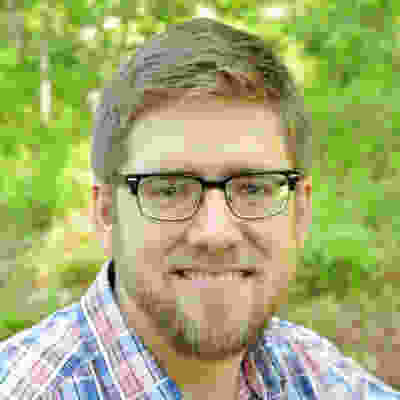
Jonathan Watts
Academic Role: Associate Professor, RNA Therapeutics Institute and Department of Biochemistry and Molecular Pharmacology, UMass Chan Medical School
Dr. Jonathan K. Watts is an Associate Professor at the RNA Therapeutics Institute of UMass Chan Medical School (Worcester, MA, USA). He completed his training at Dalhousie University (BSc), McGill University (PhD) and UT Southwestern Medical Center (Postdoctoral). After establishing his independent laboratory at the University of Southampton, UK, he moved to the RNA Therapeutics Institute in 2015. He has received over 20 awards including the 2013 OTS Young Investigator Award, the 2015 Vice Chancellor’s award for teaching, and the 2018 Angel Award for ALS research.
Current work in the Watts lab is focused on the optimization of ASO chemistry for use in the CNS and lung, and on the chemistry of guides and donors for genome editing. The Watts group works on both platform technology and disease applications, and has contributed to the development of two drugs that have reached patients on a compassionate use basis. Jon is on the Board of Directors of the Oligonucleotide Therapeutics Society since 2015. -

Timothy Yu
Academic Role: Neurologist and Principal Investigator, Division of Genetics and Genomics, Boston Children's Hospital and Harvard Medical School
Dr. Timothy Yu is a neurologist and researcher at Boston Children’s Hospital. He completed his MD-PhD at UCSF studying circuit development in C. elegans with Cori Bargmann, neurology residency at Massachusetts General Hospital and Brigham and Women's Hospital, and a postdoctoral fellowship in human geneticswith Christopher Walsh. He is an Assistant Professor at Harvard Medical School and an Associate Member of the Broad Institute of MIT and Harvard. An early pioneer inhigh throughput sequencing, he developed some of the first methods for genome-scale sequencing and wrote one of the very first bioinformatic pipelines for large-scale interpretation of human genomic variation. He has identified or contributed to the identification of over a dozen new human disease genes and co-founded a pediatric genomic diagnostic company. His lab applies diverse skills in genetics, neurobiology, and bioinformatics to study neurodevelopmental disorders and advance genomic medicine. Current projects range from computational analyses of tens of thousands of individuals with autism to identify disease genes, to investigations of genome sequencing for newborn screening and neonatal ICU care, to the development of rapid-turnaround, N-of-1 personalized therapies for rare pediatric disorders.


